Pollution is a pressing problem in cities worldwide, yet many struggle to know where to start when it comes to combatting it in our own space. Thankfully, there are simple and practical solutions available to us that can make a real difference – from switching eco-friendly cleaning products for smaller changes such as investing in renewable energy solutions – these seven simple strategies to combat air pollution will have an immediate effect in your local community and create healthier, more sustainable living spaces for yourself and your loved ones.
Ways To Combat Pollution
1. Switch To Eco-Friendly Cleaning Products
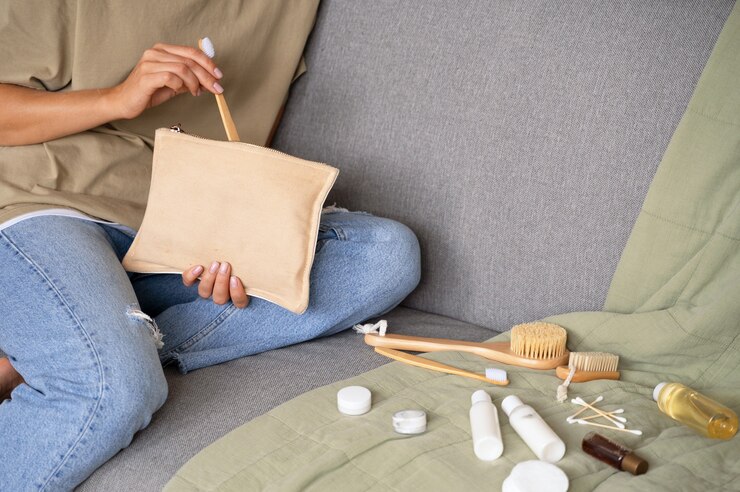
One effective strategy for combatting air pollution in your own space is switching to eco-friendly cleaning products. Conventional cleaners contain toxic ingredients that are hazardous both to health and the environment; by switching over, eco-friendly products will reduce pollution emissions while decreasing exposure to toxic chemicals.
Conventional cleaning products often contain harmful ingredients like ammonia, chlorine, formaldehyde and phenol, which are dangerous both to health and the environment – causing skin irritations, respiratory issues and long-term conditions like asthma or allergies. Switching to eco-friendly products will significantly decrease harmful pollutants released into the air – helping you better combat air pollution in your own home. While switching is certainly a step in the right direction, consider also how these eco-friendly cleaning products are being utilized.
An excess of cleaning product, or misuse thereof, can actually exacerbate matters. Where possible, aim to decrease how much is used and make sure that the product is used appropriately. When it comes to laundry care, use only eco-friendly, low sudsing washing powder that reduces cleaning product release into waterways while simultaneously helping lessen airborne pollution levels.
2. Invest In Air Purifiers
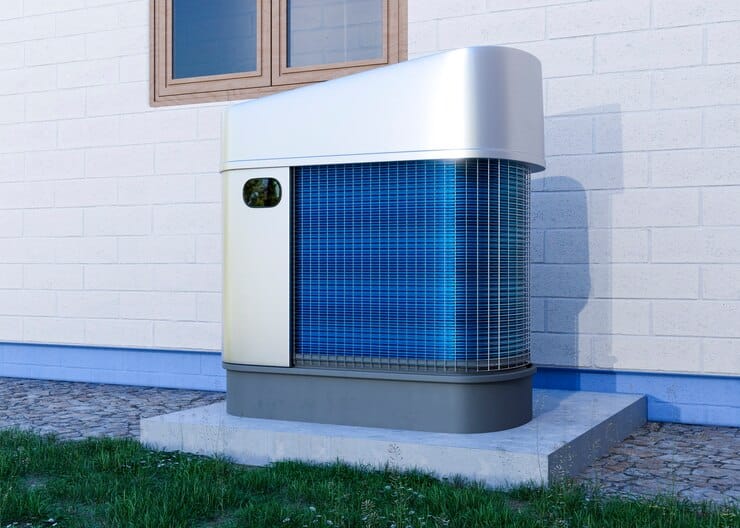
Investment in air purifiers One effective strategy for combatting air pollution in your own space is investing in air purifiers. Air purifiers work by filtering out polluted air and trapping harmful particles before discharging them back into the environment – ideal if there are small children or people with allergies living nearby. Different models offer unique advantages so it is wise to do your research when investing in one of these solutions.
Considerations when searching for an air purifier include its size, amount of pollutants it can remove, the area it covers and noise level. Filters used can also affect what sort of pollutants the purifier can capture: air purifiers with activated carbon filters are effective at trapping odours such as smoke or other toxic gases while activated carbon filters may capture small particles like dust pollen and pet dander while HEPA filters will provide greater all-round performance.
These purifiers are excellent at capturing larger pollutants like pollen and pet dander as well as smaller dust mites and allergens like pollen. Carbon filters tend to be cheaper, while HEPA filters will last longer and do a superior job at eliminating pollutants from the air. When selecting where you will place your purifier it’s also important to make sure it won’t interfere with someone sleeping nearby or kids playing nearby.
3. Avoid Using Aerosols And Other Toxic Products

Many products used daily release harmful pollutants into the air. Examples include aerosols, paint and de-clogging sprays, cleaning products and even cars can generate air pollution that negatively impacts health and the environment.
Finding eco-friendly alternatives can be challenging, but with some research you can easily discover them. You could try opting for natural homemade air fresheners instead of aerosols; watercolours or pencil crayons could replace paint to reduce pollution emissions; cleaning products made of eco-friendly ingredients could reduce airborne chemicals; rechargeable batteries could help lower electronics’ toxic emissions – these are all steps worth taking if your goal is sustainability!
Finding eco-friendly alternatives for products may prove more difficult, but it is certainly possible. For instance, natural de-clogging sprays or eco-friendly car options can reduce harmful gases released into the atmosphere and thus limit pollution levels. While finding eco-friendly options might require additional work on your part, it is definitely achievable and helps minimize pollution levels in our airways.
4. Invest In Sustainable Energy Solutions
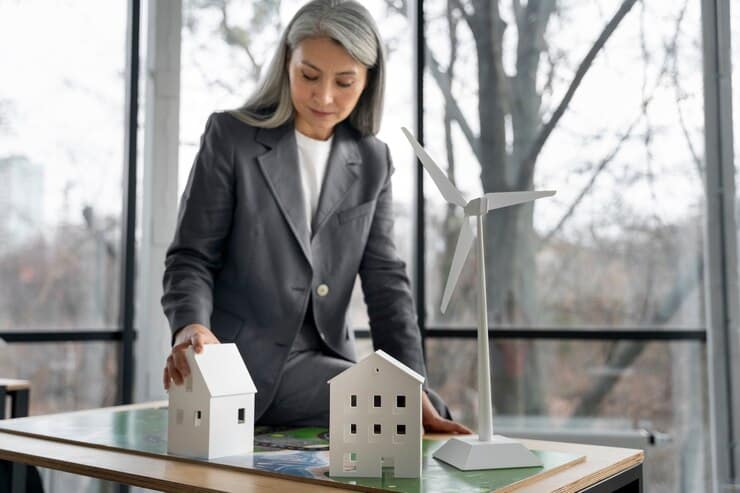
One effective strategy to combat air pollution in your own environment is investing in sustainable energy solutions. While there may be multiple methods available for you to reduce energy use, investing in sustainable solutions like solar panels, wind turbines, hydroelectricity or geothermal can have an enormous impact in lowering pollution. There are various types of sustainable solutions such as these available such as solar cells, wind turbines hydroelectricity geothermal technology etc.
Your specific situation should determine which sustainable energy solution will best fit you, but there are plenty of tools and resources online that can help make an informed decision. Make sure to read reviews, conduct your own research, and consult experts before selecting an energy solution. Sustainable solutions can have multiple positive benefits both for yourself and the planet – less pollution entering our atmosphere while simultaneously decreasing energy bills! By switching over to more sustainable options you could reduce pollution significantly while simultaneously cutting costs!
5. Reduce Car Emissions
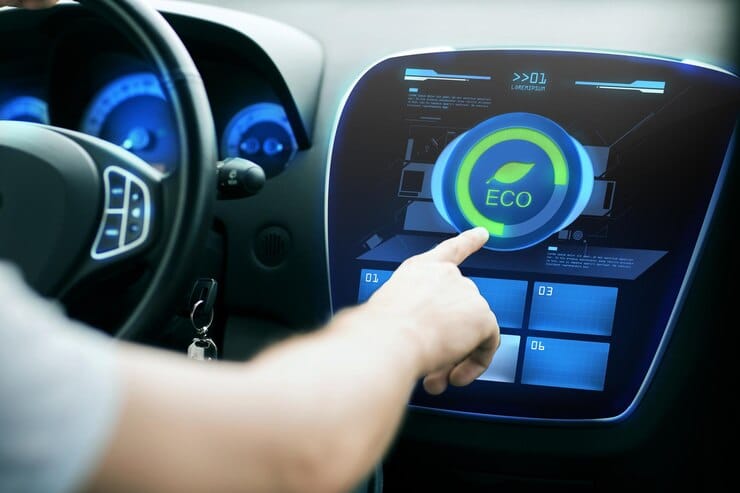
One simple way to combat air pollution in your own space is by limiting how much harmful gases your car emits into the atmosphere. Many of us rely on our cars daily for transportation purposes; while this can be polluting, there are a few straightforward strategies you can employ in order to minimize its emissions into the air.
Maintain your car regularly – regular car maintenance will help decrease the amount of pollutants your car emits into the air while keeping it running efficiently. A simple way you can reduce car emissions is to slow down. Going over speed limits has been shown to dramatically increase emissions into the environment, so reducing speed could make a substantial difference in emissions levels.
Consider changing how you fuel your car: opting for eco-friendly fuel will go a long way toward reducing emissions. Also consider opting for hybrid or electric cars to further decrease pollution levels.
6. Plant Trees And Shrubs
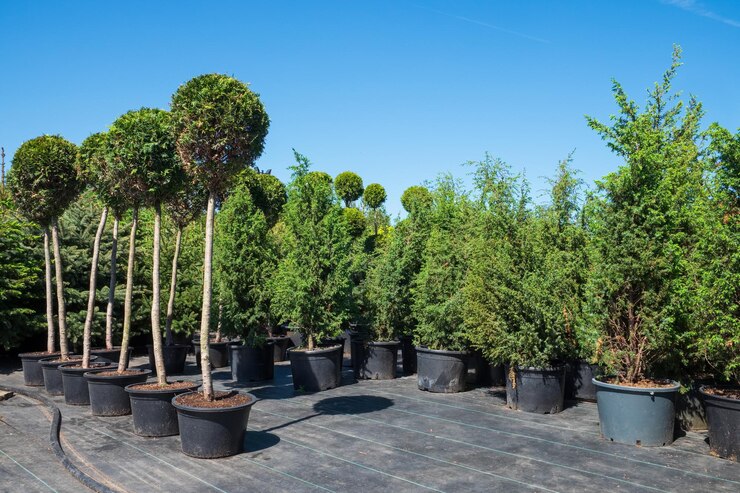
Another great way to reduce air pollution in your own space is through planting trees and shrubs. While this might sound intimidating, planting them is actually quite straightforward if you know where to begin. When selecting plants for planting or caring, be sure to conduct some research first to find ones suitable for the space in which you’re placing them. Once chosen, plant them immediately!
Gardening may sound complicated, but it’s actually fairly easy. Follow these 7 ways to green your garden quickly. Additionally, you should water regularly and fertilize as needed so your plants will flourish; getting help from friends or joining a community garden may make this easier for you! Gardening is an effective way of decreasing pollution levels while growing fresh produce for yourself while helping the environment at once! It can even help make time outside more enjoyable while helping save our natural resources!
7. Reuse And Recycle Items Whenever Possible
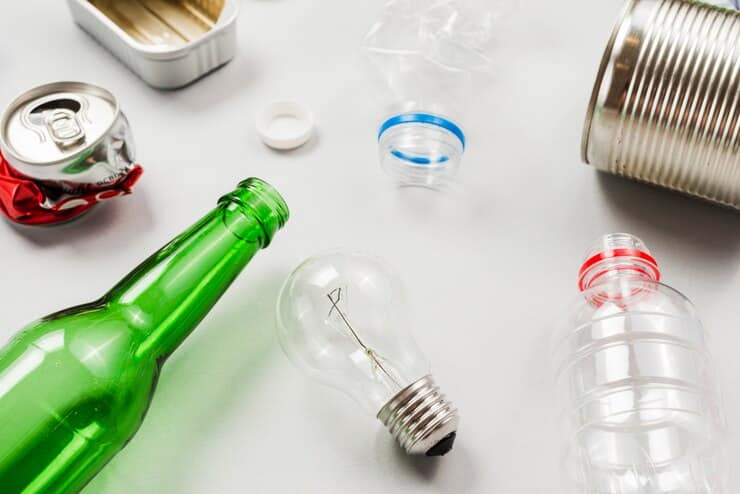
As much as we all want to help reduce air pollution, it can be challenging knowing where to begin. One simple and effective way of doing your part is reusing and recycling items whenever possible – instead of disposing of plastic bottles and containers as waste, try reusing them instead for storage purposes or other uses – even investing in reusable coffee mugs will reduce waste! Reusing items also saves energy as products don’t have to be produced from scratch, thus decreasing emissions associated with production processes.
Recycling paper, plastics, aluminum and other materials is also an effective way to help mitigate air pollution in your own space. By recycling, you are saving energy and materials as well as reducing emissions from new product manufacturing. Recycling also helps decrease landfill waste which releases toxic toxins into the atmosphere – so by simply reusing and recycling whenever possible you can help to make a difference and combat air pollution!
Also Read : 5 Ways to Protect the Environment
